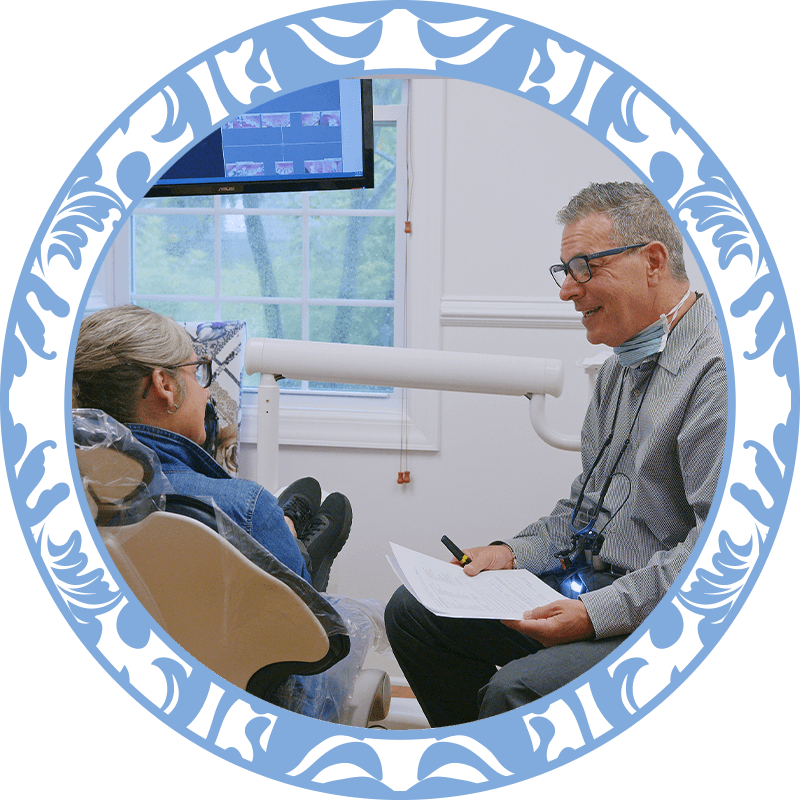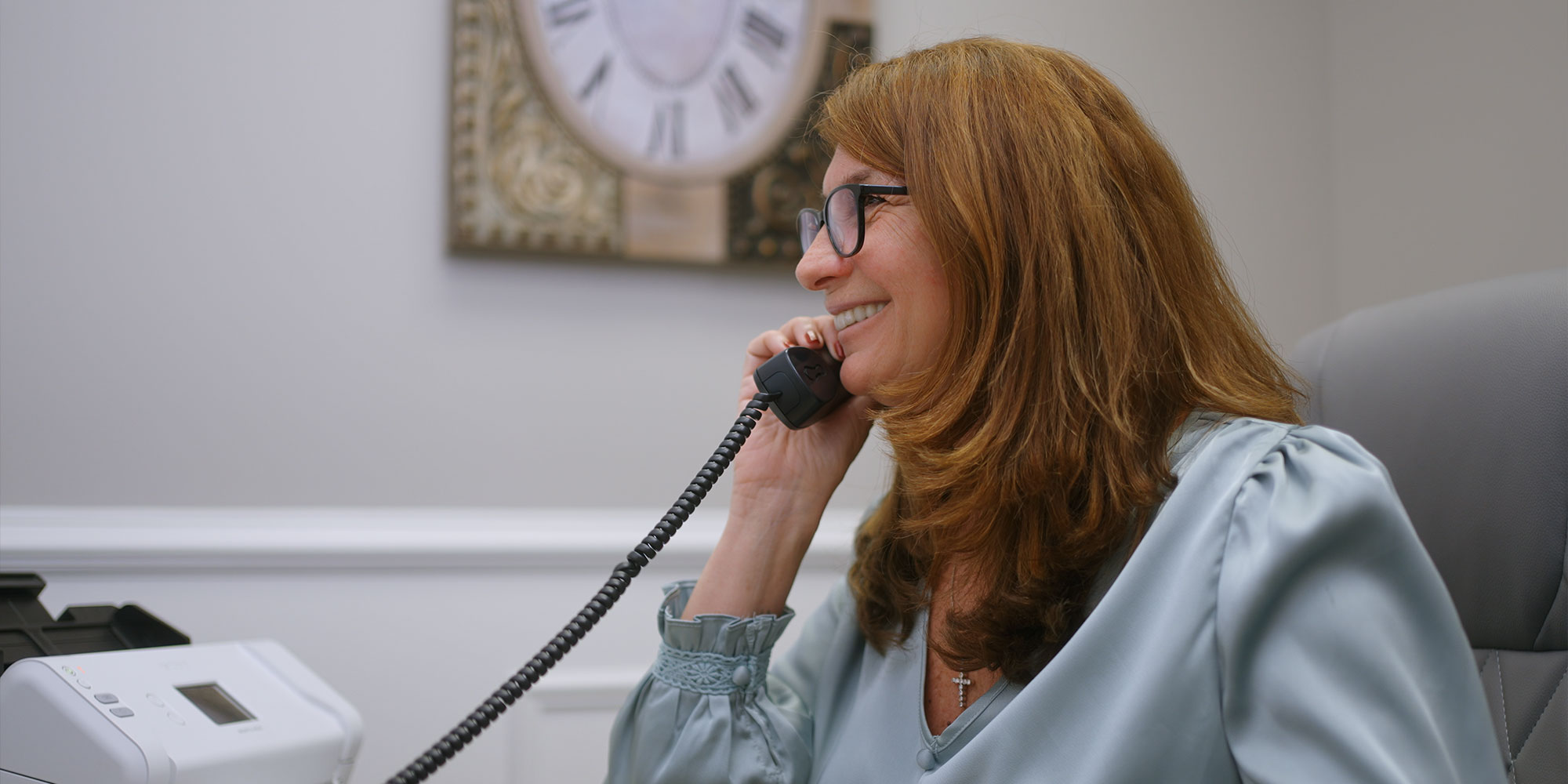
A new patient’s first appointment
Is a comprehensive examination that thoroughly evaluates the oral and general health. Champagne Smiles utilizes several advanced dental technologies to more accurately detect any type of oral abnormalities and diseases to help patients obtain successful treatments that improve their overall health.
Because patient comfort is one of the most important aspects of Dr. Champagne’s practice, his office features several spa-like amenities to create a soothing atmosphere that encourages relaxation.
While undergoing dentistry procedures with Dr. Champagne, patients can enjoy:
- Four different levels of sedation
- Satellite radio
- Cable television
- Hot and cold beverage bar
- Paraffin hot wax mitts
- Warm neck wraps
- Massage matts
- Blankets
- IV drips (at an additional cost)
In addition to luxurious amenities, our team of doctors caters to out-of-town patients by providing arrangements for transportation, lodging and other needs.


Patient Forms
Dr. Champagne and his dental team at Champagne Smiles understand your time is valuable, so they offer new patients the opportunity to electronically complete their registration in the comfort of their own homes. Patients are encouraged to fill out the forms electronically, but may also print and complete the following (PDF) forms to bring with them to their appointment.


